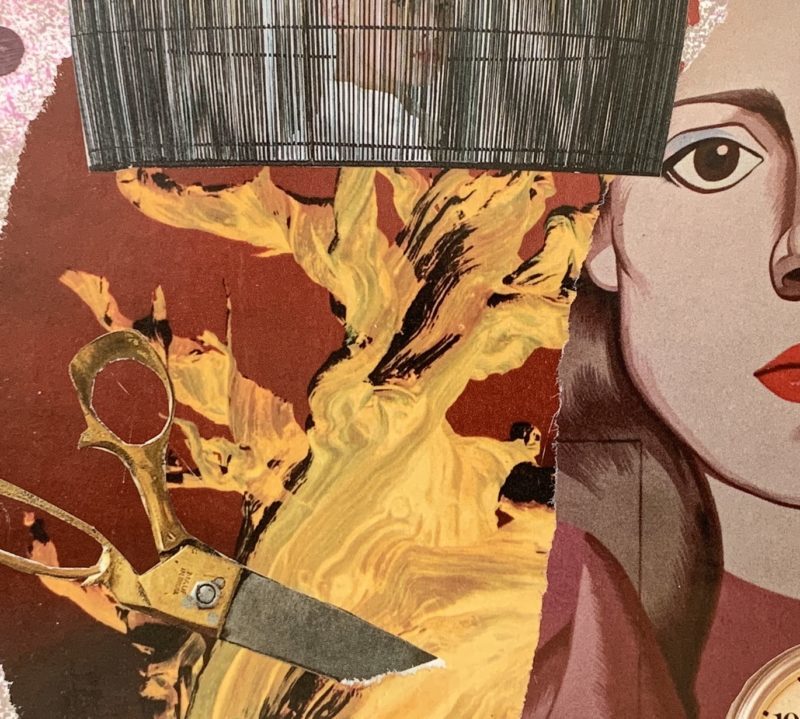Things people say
You did the noble thing. Or you did the right thing, or the best thing, or a generous thing or a good thing. These are the responses people often have after learning that someone is a birthmother. Of course, I’ve heard all of these comments at some time or another. People mean well. Afterall, people are shocked when they learn you placed a child for adoption. They say the first thing that pops into their heads.
And pretty much all of society supported that point of view in 1970. My adoption social worker told me adoption would be the best thing for the baby. The best thing for the baby.
I didn’t want to do it. At the 11th hour, I tried to back out. I wanted the baby to go to a foster family for a year. “Bonding. Blah, blah, blah,” social worker said. “Attachment, blah, blah, blah,” he went on. He was right in a way. Of course, bonding. Of course, attachment. But, if there hadn’t been a cloud of shame and secrecy enveloping everything, and I could have spent every weekend with my son, I think my plan could have worked.
What I said
The 767 I flew on today had around 300 passengers. I sat next to an adoptee. Two members of the triad. Total strangers. Sitting next to one another. Really? Of course I wanted to know what the likelihood of this was.
The adoptee was a charming 40-something on her way to visit her terminally ill 82-yr-old mother. Born to a 15-year-old, she was adopted by a woman who’d already had eleven kids.
So, I told her my story. “Well, you did the noble thing,” the woman said. “I would not have wanted to be raised by my 15-year-old birthmother.” While I might have smiled and nodded or even said thank you when someone said this to me years ago, that’s not what I did today.
“Well…I don’t buy that line of thinking anymore,” I said. “I think society needs to work harder at keeping mothers and babies together.” She was a little taken aback, and nervously fingered the psychology textbook she’d propped on her tray table. We talked a bit longer about separating mother and child and the hole that separation leaves in both lives. She’s working on her masters in clinical psychology. Maybe, just maybe ,what she knows about herself, what she knows about mothering her 4-year-old son, and what we talked about today will affect how she counsels someone in her future practice as a psychologist.
Adoption statistics:
Here’s what I found after a tiny bit of googling.
The Evan B. Donaldson study from 1997 claims that one in five Americans is or knows someone close to them who is a member of the triad.
| “According to Dr. Ruth McRoy at the UT School of Social Work, there are approximately 5,000,000 US births each year. Of that, approximately 118,000 are adoptions (roughly 2.36% new adoptees each year). Anywhere in the US, a minimum of 2.3% of the population are women who are also birthmothers who have placed children for adoption. Then you also have 2.3% of the population who are birth fathers, and 4.7% of the population who are adoptive parents. Total that up and you have about 11% of the population who are triad members. That does not count aunts, uncles and grandparents to adoptive families and birth families. |
| Whenever you are in a room of strangers you can figure that one out every ten is a triad member.” from www.reocities.com |


If she believes only empirical evidence counts, then maybe not.
If she believes in “the triad” it won’t help her to be unbiased either.Triads suggest equal partnership, when clearly in adoption that it not so; babies have no choice, mothers little or none, leaving the adopters/adoption industry in the driving seat.Part of the myth of adoption.
“Triad” is just a word to describe the parties in adoption, and it is one that has become commonplace, like “birthmother, another word that has acquired all sorts of connotations it never had, and only has in the small insular world of adoption reform. Generally none of these connotations mean anything to the general public, and talking about them just derails the conversation.
Maybe this adoptee learned something from meeting and talking to a birthmother about her life, grief, and feelings that would have been lost had she been lectured to about the word “triad” or any other word.
Telling our own stories and meeting people where they are serves our cause much better than getting on a politically correct soap box with strangers.
While lecturing anyone rarely helps, all words are loaded and especially some of the popular adoption words.
“Popular adoption words” are only loaded to the insiders who perceive them that way. To the general public they are just words. Getting hung up on using the “proper” words according to one’s own idea of political correctness only hampers understanding and dialogue with the rest of the world.
Pingback: The World of Adoption - Denise Emanuel Clemen